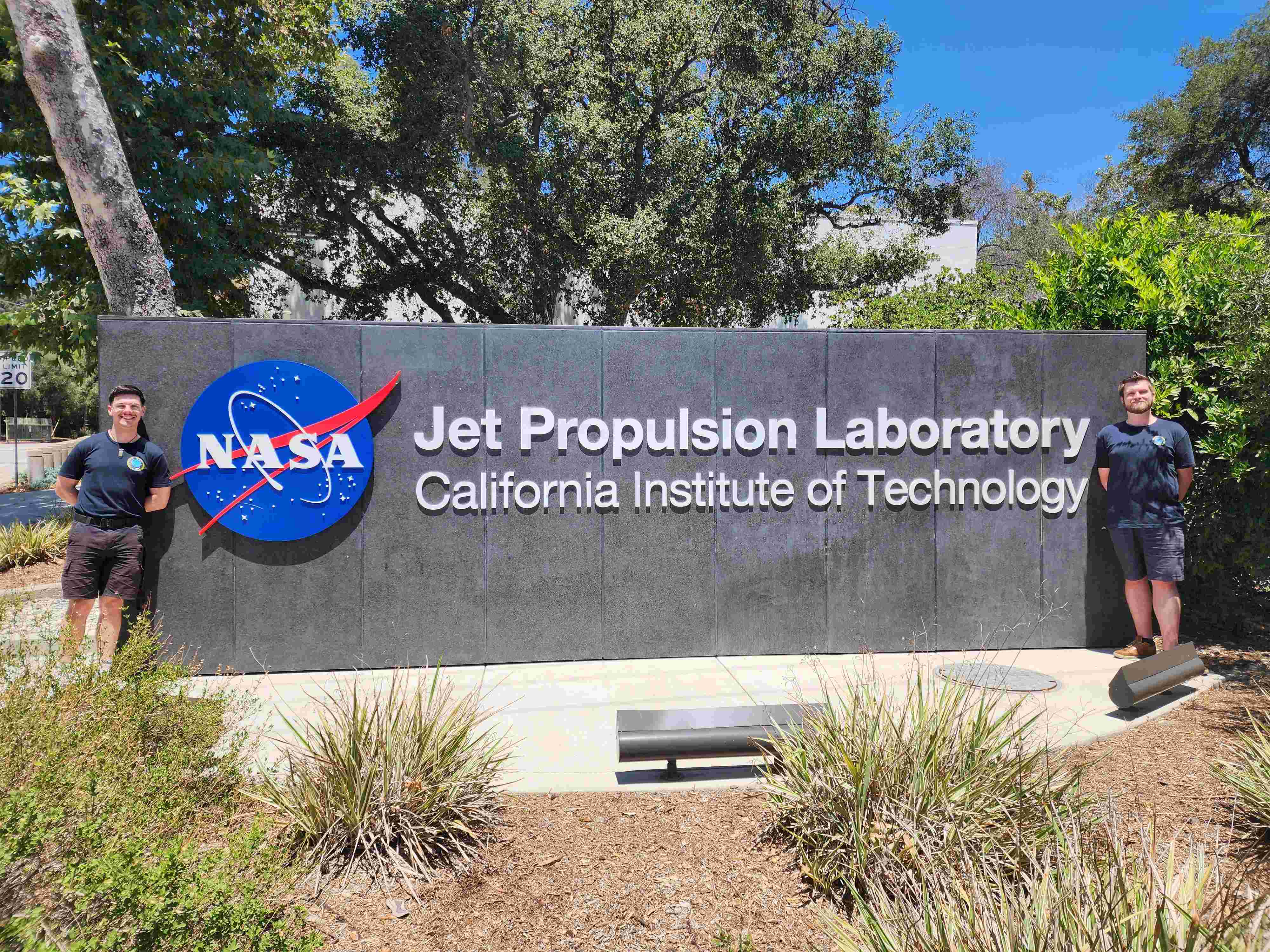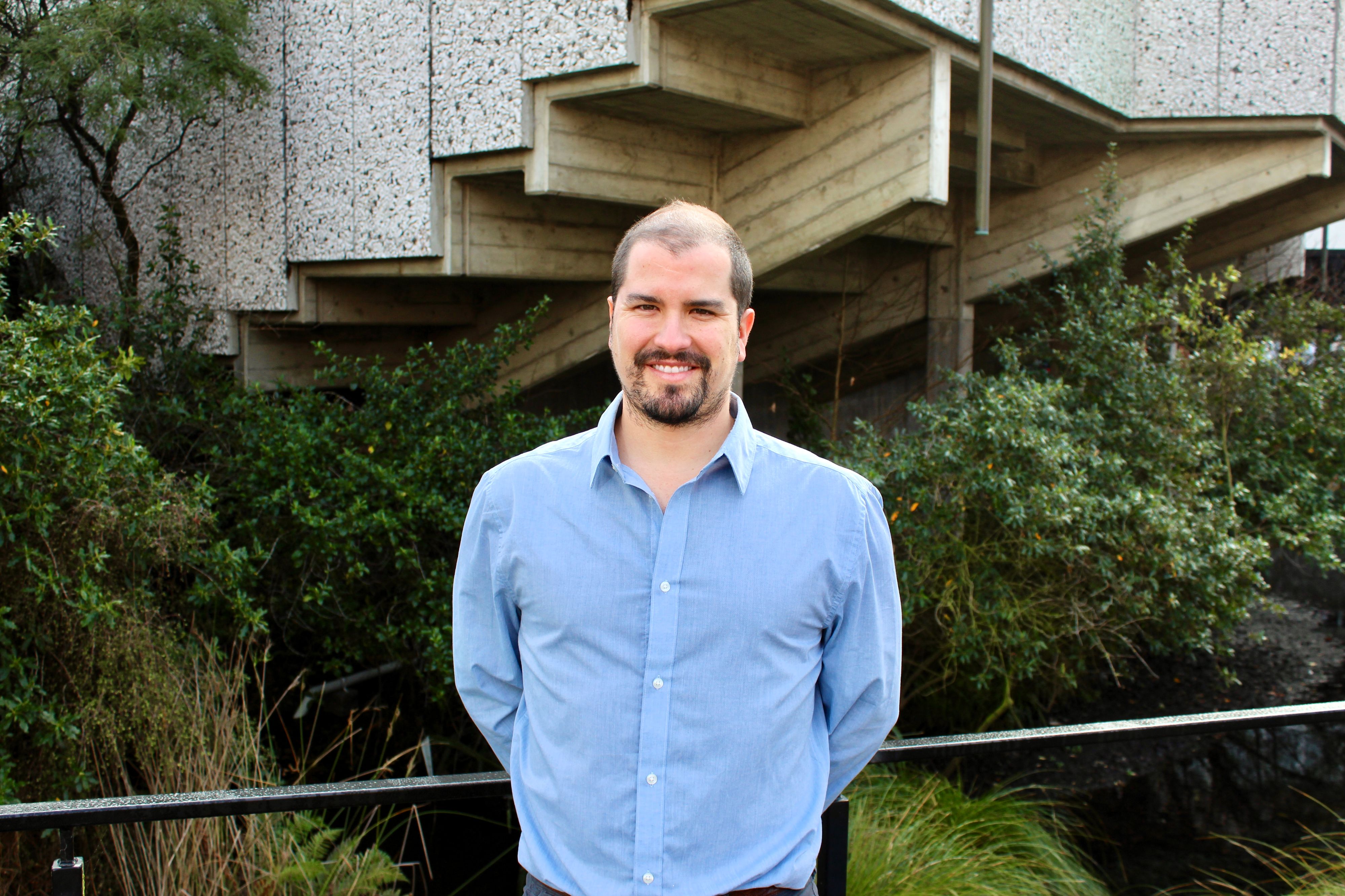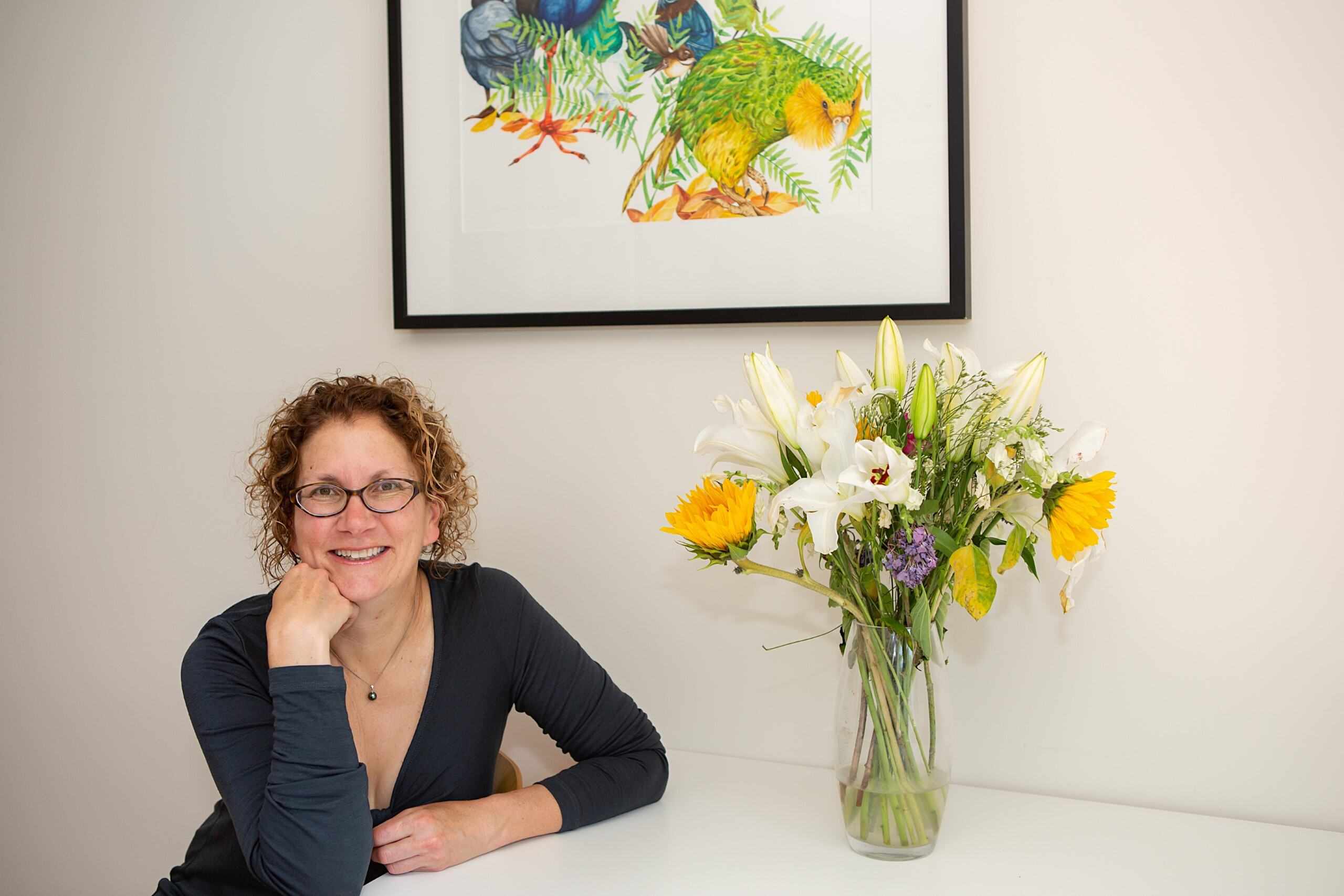University of Canterbury Engineering PhD student Francis Pooke is an award finalist thanks to his design for a simplified tracheostomy kit.
Francis Pooke is one of two finalists for Engineering New Zealand’s Student Engineer of the Year Award for his simplified tracheostomy kit – a tool that helps medical staff create a new airway for patients in an emergency.
In a tracheostomy, a breathing tube is inserted into the trachea (windpipe) when the airway is blocked or compromised following a major injury. It is critical for a patient’s survival, however, the procedure is rarely performed because of its complexity and the high rate of complications.
Francis, who received a UC Aho Hīnātore Accelerator Scholarship for top students last year, has reinvented the standard tracheostomy kit, creating a new device that makes the process much simpler and reduces risk.
He worked closely with Christchurch intensive care specialist Geoff Shaw on the design as part of his final year Bachelor of Engineering project. “Dr Shaw believed the complication rate of the tracheostomy procedure could be dramatically reduced by simplifying the current methods, which require multiple components and steps,” Francis says.
He was able to apply an engineering approach to a procedure which has been done the same way for a long time. “The development process involved a lot of testing and end-user feedback from Dr Shaw. It took several versions before we achieved the final design, but in the end, I believe we’ve developed an innovative solution which has the potential to greatly improve how tracheostomies are performed.”
The final design has been tested and found to reduce the time taken to perform a tracheostomy by almost 50 per cent because there are only seven parts instead of the 12 in the current clinical kit. It makes the steps involved easier and more intuitive and halves the number of insertions and removals into the patient’s throat, helping to reduce risk.
Francis is interested in healthcare and considered studying Health Sciences but Engineering won out instead. “For me, the work I’m doing is the perfect combination, because it has aspects of both. I like the technical side of engineering and design, but I’m also interested in the medical field, and helping to improve healthcare. I’ve found bioengineering a really enjoyable and rewarding area of research.”
The new tracheostomy design is at the prototype stage and has been 3D printed. Francis is hopeful a commercial company will be interested in further developing it and putting it on the market.
In the meantime, he is studying towards a PhD in Engineering at UC specialising in the design of low-cost medical devices in collaboration with his supervisor UC Distinguished Professor of Mechanical Engineering Geoff Chase.
Professor Chase says Francis has navigated design challenges to provide an elegant and potentially life-saving solution with his new tracheostomy kit.
“He is an outstanding design engineer who has been really adept at working in partnership with a clinician to create a dramatically simplified approach to a complex procedure.
“I think the final product can save lives and is easily generalised to other tracheotomy devices. This project shows the impact young engineers can have on real things with high costs in lives and dollars. There are a wealth of opportunities throughout healthcare awaiting bright students like Francis with creative ideas.”
The Student Engineer of the Year Award recognises an undergraduate engineering student who demonstrates outstanding design and innovation in their final year tertiary project. The winner will be announced at a virtual ceremony on 1 July.



.jpg)

%20resized.JPG)
.jpg)



